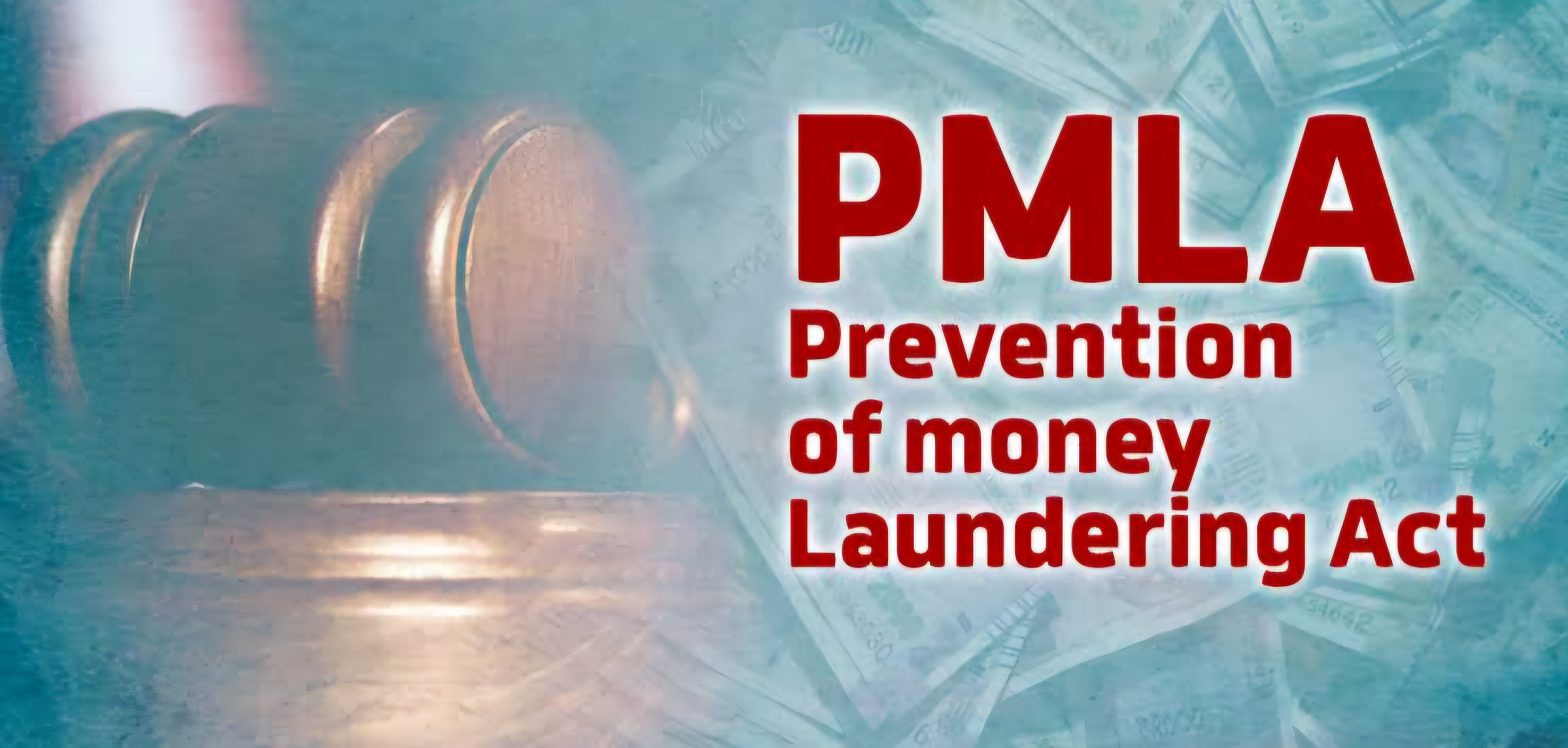


In a noteworthy administering, the Delhi Tall Court as of late articulated its judgment within the case of Amit Arora vs Directorate of Requirement. The case, including charges beneath the Anticipation of Cash Washing Act (PMLA), was brought by Amit Arora, a inhabitant of Gurugram, Haryana, against the Directorate of Authorization (ED).
Case Overview:
Petitioner: Amit Arora, represented by senior advocate Mr. Vikas Pahwa, along with a legal team including Mr. Prabhav Ralli, Ms. Namisha Jain, Mr. Dev Vrat Arya, Mr. Yuvraj Bansal, and Mr. Pranay Chitale.
Respondent: Directorate of Enforcement (ED), represented by Special Counsel Mr. Zoheb Hossain and Panel Counsel Mr. Vivek Gurnani.
Core Issues
Amit Arora questioned the ED's operations under the PMLA, bringing up issues with procedural flaws and the ED's authority. The petitioner's legal team said that the investigation, searches, and seizure conducted by the ED infringed upon his constitutional rights, namely his right to due process. They also questioned whether the ED's conduct adhered to the existing legal frameworks that control investigations into money laundering.
However, the Directorate of Enforcement, represented by Special Counsel Zoheb Hossain, defended its course of action, claiming that it was done in compliance with the authority granted to it by the PMLA. The Enforcement Division (ED) underscored the need of strict adherence to legislation designed to prevent money laundering and the part that these inquiries play in upholding financial integrity.
Court's Observations:
The court, driven by Equity Sanjeev Narula, inspected the claims from both sides, centering on the lawfulness of the ED's strategies and the adjust between law authorization and person rights. The judgment tended to basic questions approximately the procedural shields that must be taken after in examinations beneath the PMLA.
One of the key issues examined was the degree of the ED's control to conduct looks and seizures without encroaching on individual freedoms. The court considered past points of reference, counting later judgments from higher courts, which have emphasized the require for due handle indeed in cases of money related wrongdoings.
Conclusion
The Delhi Tall Court's choice, whereas maintaining the run the show of law, given clarity on how examinations beneath the PMLA ought to be conducted, pushing the significance of procedural decency. The judgment fortifies the guideline that authorization organizations, whereas engaged to examine and indict budgetary wrongdoings, must follow to the legitimate shields aiming to secure person rights.
This administering is likely to have critical suggestions for continuous and future examinations beneath the PMLA, because it sets imperative points of reference with respect to the powers of the Directorate of Requirement and the rights of people beneath examination.
Click Here to: Download/View Related File
TAGS: Delhi High Court Amit Arora Directorate of Enforcement PMLA money laundering Justice Sanjeev Narula procedural fairness financial crimes enforcement agencies legal safeguards